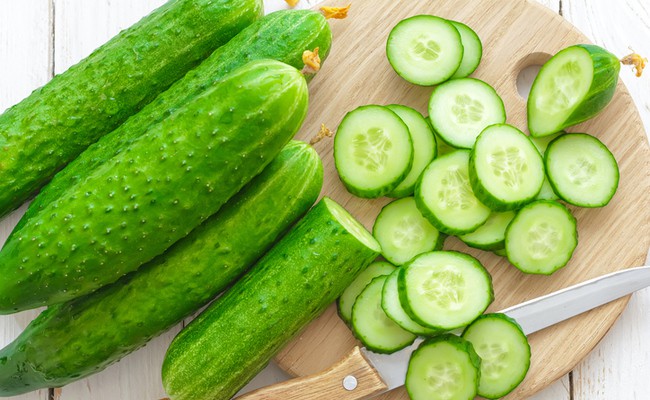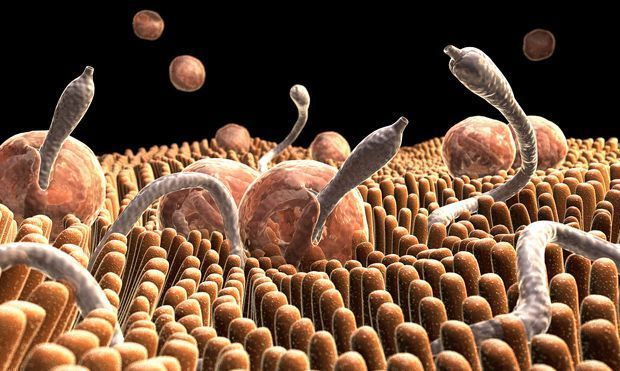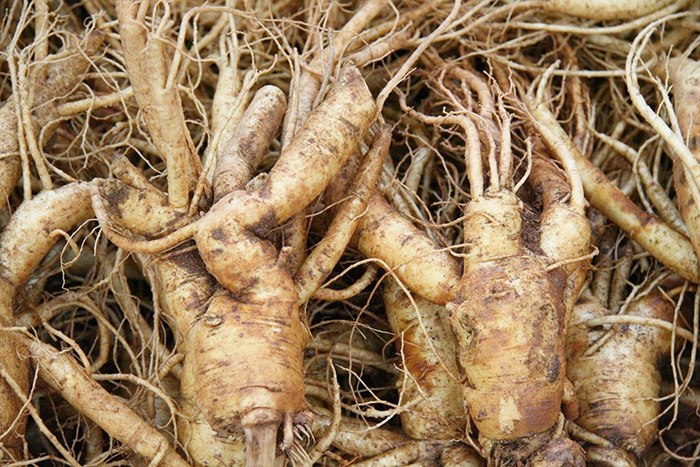Intestinal parasitism is the condition in which parasites infect the gastrointestinal tract of humans and other mammals. While these parasites can thrive throughout the body, such as the lungs, they usually choose to stay on the intestinal wall. Protozoa and helminths or worms are the usual inhabitants in the intestines, though not all are parasites.
Causes and Epidemiology
Intestinal parasitism usually takes place when the person ingests undercooked meat or drinks infected water. As per University of Maryland Medical Center, the causes of having intestinal parasite include living in or visiting an area known to have parasites, international travel, poor food and water sanitation, poor hygiene, exposure to child and institutional care centers, and immunosuppressive conditions, such as Human Immunodefiency Virus (HIV) and Acquired Immunodeficiency Syndrome (AIDS).
According to World Health Organization or the WHO, helminth infections that are acquired through soil are very common in both tropical and subtropical areas, not to mention that areas of poverty are more susceptible to the condition due to lack of proper hygiene. As per the publication, it is approximated that over 880 million children need treatment for the parasites. It is added that the organization’s interventions are dependent to the periodic antihelminthic administration to vulnerable populations and this goes alongside health education and sanitation.
Signs and Symptoms
Intestinal parasitism presents a number of symptoms. According to the University of Maryland Medical Center, these include stomach pain or tenderness, abdominal pain, diarrhea, nausea and vomiting, gas or bloating, dysentery or loose stools with blood and mucus, feeling tired, weight loss, and passing a worm in the stool.
When intestinal parasitism is suspected, the doctor may ask to perform the following tests. Fecal testing or stool examination to check for helminths or protozoa, scotch tape test for pinworms, and barium test to check for more serious problems brought about by the parasites.
Home Remedies
While antihelminthics are available in the market, a number of home remedies can also be used. As per Top 10 Home Remedies, coconut and garlic are two agents for the parasites. According to the publication, coconut is a “very effective” remedy and a very potent anti-parasitic agent, which allows it to get rid of all types of intestinal worms. The person may eat a tablespoon of crushed coconut with his breakfast and after three hours, he may drink a glass of war milk with castor oil. The procedure is done everyday until the infestation resolves or subsides. However, people who are suffering from gastrointestinal disease and children below five years old are not recommended to take castor oil.
Garlic is also a popular anti-parasitic agent, which can help counter various types of intestinal worms. As per the publication, garlic contains amino acids, which also contain sulfur; these agents have anti-parasitic properties, not to mention its antiseptic, antifungal, and antibacterial properties that help eliminate microbes from the body. The person may eat three cloves of raw garlic on an empty stomach every day for one week to get rid of all types of intestinal helminths.
Parasites can also be eliminated with wormwood. According to Kitchen Doctor, a wormwood species called Artemisia absinthium can anesthesize a worm for it to lose its grip on the intestines; however, it should be used cautiously. Another variant, Artesimia annua or Sweet Annie, helps reduce abdominal pain and relieve anemia,which is associated to the parasitization of the red blood cells.
Intestinal parasitism is not as serious as a heart attack or cancer. However, it is best to seek medical consult from a health professional to address the condition with proper assessment, diagnosis, planning, intervention, and evaluation.
Source: undergroundhealth.com








